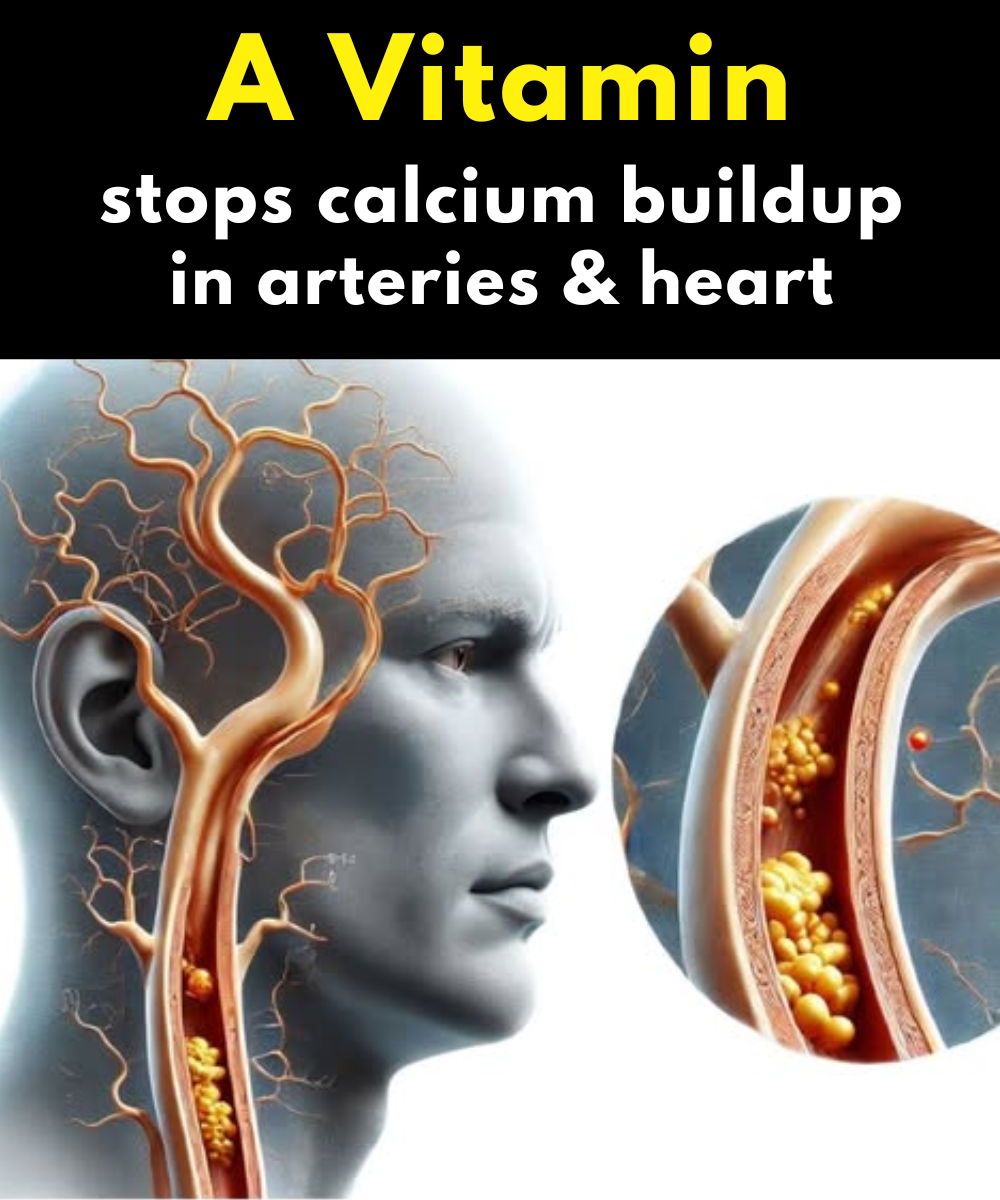
Did you know that vitamin K2 plays a crucial role in keeping your arteries healthy? It helps stop calcium from building up in your blood vessels—a major factor in maintaining heart health.
First, let’s break down the two key forms of vitamin K:
Vitamin K1 is found mainly in leafy greens like spinach and is essential for proper blood clotting.
Vitamin K2 comes primarily from animal-based and fermented foods. Its main job? Guiding calcium away from your arteries and into your bones, where it belongs.
Where Can You Find Vitamin K2?
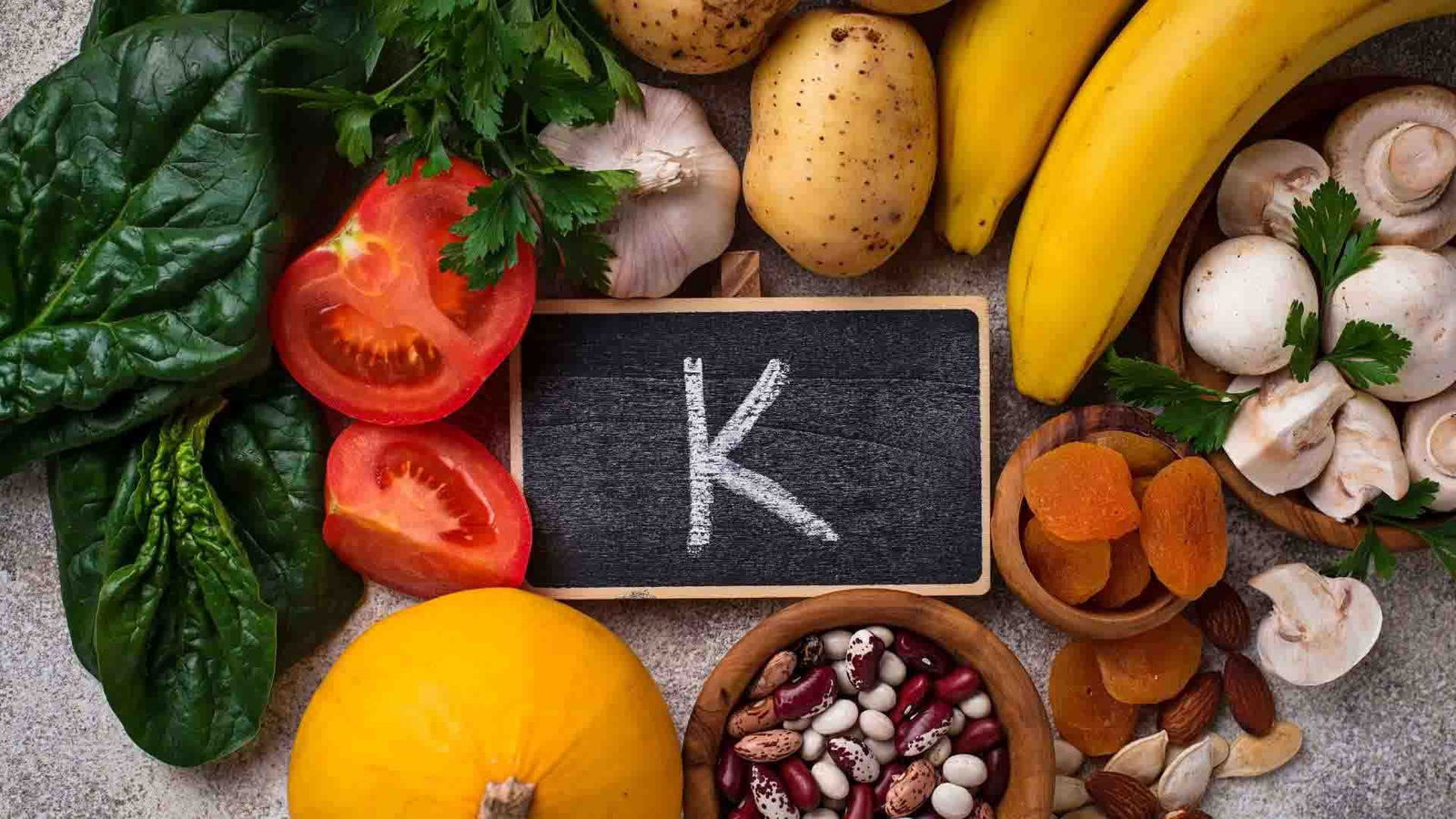
No need to jump to supplements right away—vitamin K2 is naturally present in several tasty foods. One standout is natto, a traditional Japanese dish made from fermented soybeans. While its flavor might be an acquired taste, it’s incredibly rich in K2.
Other excellent sources include:
- Eel
- Aged cheeses like gouda, edam, raclette, and Jarlsberg
- Beef liver
- Grass-fed butter
- Dark poultry meat, such as goose leg
- Sauerkraut
- Egg yolks from pasture-raised chickens
As you can see, fermented foods and products from pasture-raised animals are top choices when it comes to vitamin K2.
The Link Between Calcium, Vitamin D, and K2
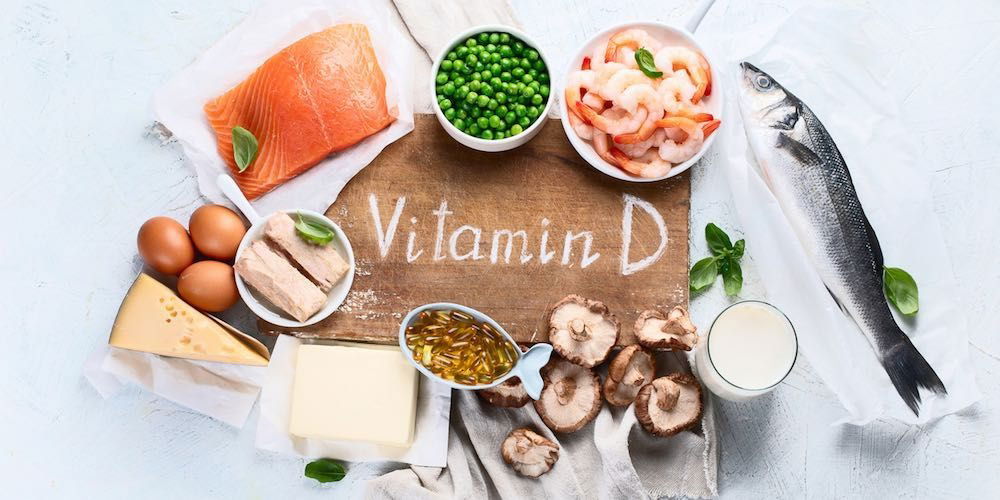
Calcium is essential for strong bones and is commonly found in leafy greens, dairy products, and fortified plant-based milks. In most cases, you won’t need a calcium supplement unless your doctor suggests it.
But here’s the catch: Vitamin D is vital for helping your body absorb calcium. Without enough vitamin D, calcium might not get into your bones and instead settle in your arteries. That can lead to hardened vessels and increase your risk of heart attacks or strokes.
That’s where vitamin K2 comes in—it acts like a traffic director for calcium, ensuring it reaches your bones and stays out of your arteries.
Thinking About Supplements?
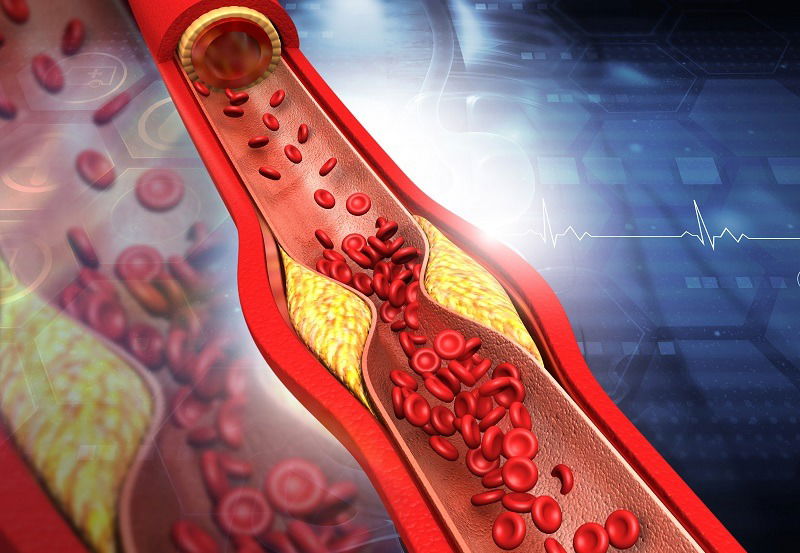
If you’re considering taking a vitamin K2 supplement, here’s what to keep in mind:
There are two main types: MK-4 and MK-7
- MK-4 is absorbed quickly but also leaves the body faster.
- MK-7 has a longer-lasting effect and typically only needs to be taken once a day.
Vitamin K2 supplements are often paired with vitamin D3, as the two nutrients work synergistically. Make sure to choose D3 over D2, as it’s the more effective form for your body.
A typical daily dose of MK-7 ranges from 90 to 200 micrograms, depending on your individual needs.
That said, real food remains the best source of nutrients. A well-balanced, nutrient-rich diet offers long-term benefits that no supplement can fully replace.
In Summary:
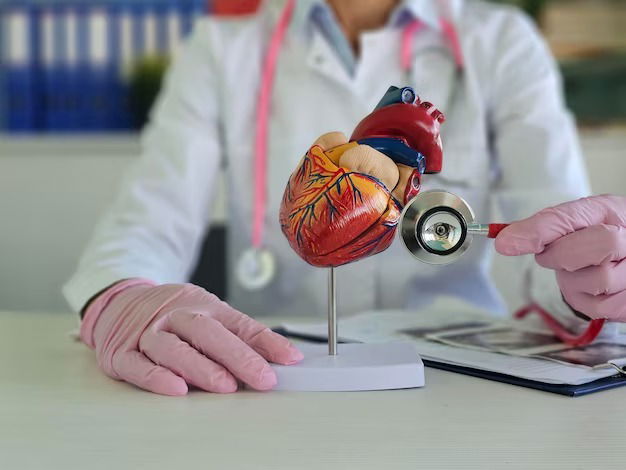
Vitamin K2 supports heart and bone health by preventing calcium buildup in the arteries.
It’s found in fermented and animal-based foods like natto, aged cheeses, liver, and egg yolks.
Vitamin D is crucial for calcium absorption, but K2 ensures calcium ends up in your bones, not your arteries.
MK-4 and MK-7 are supplement options, but a wholesome diet is always the best approach.


















